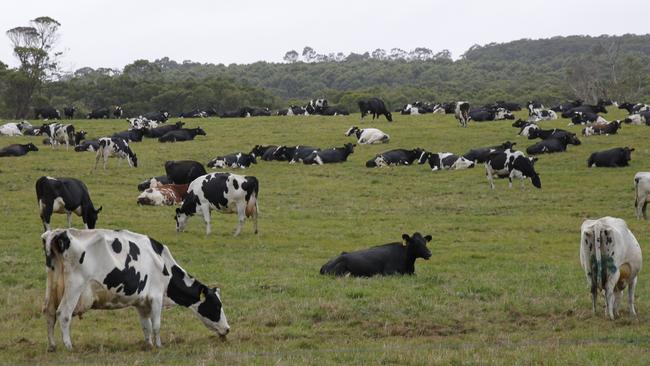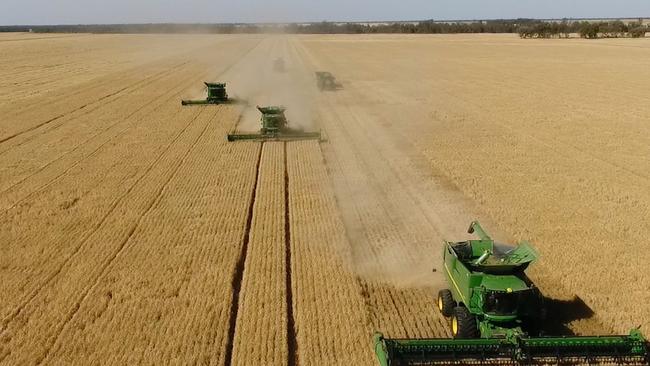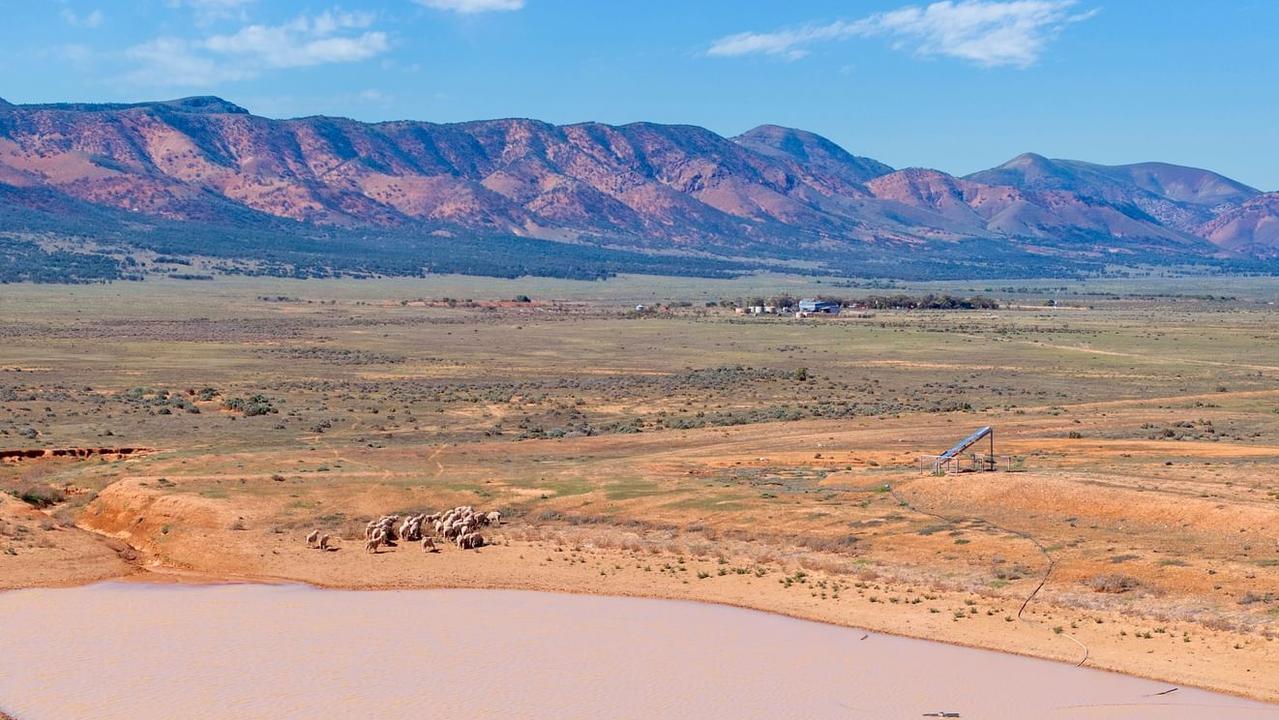David Goodfellow, Phin Ziebell: How interest rate rises will impact farm prices
The cost of borrowed money is rising for the first time in more than a decade, but what impact will it have on record rural property values?

Australia’s record rural property values will remain at record values despite rising interest rates tightening some buyer’s belts, according to experts.
The RBA last week lifted the cash rate by a further 50 basis points to 1.35 per cent, with another 50 point rise expected next month.
But with commodity prices still strong across markets and a tight supply of farms for sale, demand for farms is tipped to remain relatively high.
CBRE Agribusiness managing director David Goodfellow said historically interest rates rises generally coincided with higher commodity prices meaning farming families bank balances should remain relatively healthy.
“Rising interest rates usually means rising commodity prices as well and that means farm incomes are increasing,” Mr Goodfellow said.
“With interest rates coming from such a low base, we don’t need a lot of further increase in income to offset what we have seen with the interest rate rises.”
With the traditionally busy spring selling season approaching, Mr Goodfellow said potential purchasers had been searching for farms to buy.
“We are expecting a strong level of demand because there are just not many farms on the market,” he said.

“We have been inundated with people asking us to go and find a farm for them.
“Those families that have borrowed all they require to purchase a farm, they are the ones that are being a bit more careful in the decisions they are making.
“At the same time the families that are committed to staying in agriculture and have strong bank balances are very keen to buy farmland.”
NAB agribusiness economist Phin Ziebell said rising input costs and commodity price changes would affect farmers and investors’ ability to purchase farmland.
“We are expecting rates to rise by another 50 basis points, which is a pretty aggressive movement,” he said.
“But we don’t expect to see a drop-off in property prices as we have seen in metro markets, because commodity prices are strong.
“Input costs are the risk at the moment. Fertiliser costs, transport costs and labour costs are all increasing.
“But commodity prices are so good at the moment and with another strong season expected it should provide farmers a buffer into 2023.”
Mr Goodfellow also said institutional buyers would be hungry to purchase farms despite recent and potential future rate rises.

“Australian agriculture is still very much the focal point for these global funds for investment,” he said.
“But what it also means is that funds that have investments in other asset classes see agriculture as a safe bet.
“So we will continue to see a strong appetite globally and particularly in Australia to put money in safe asset classes like agriculture through periods of rising inflation.
“They recognise land values have come up a lot, but it is off such a low base, so land is still relatively cheap compared to other parts of the world.”





